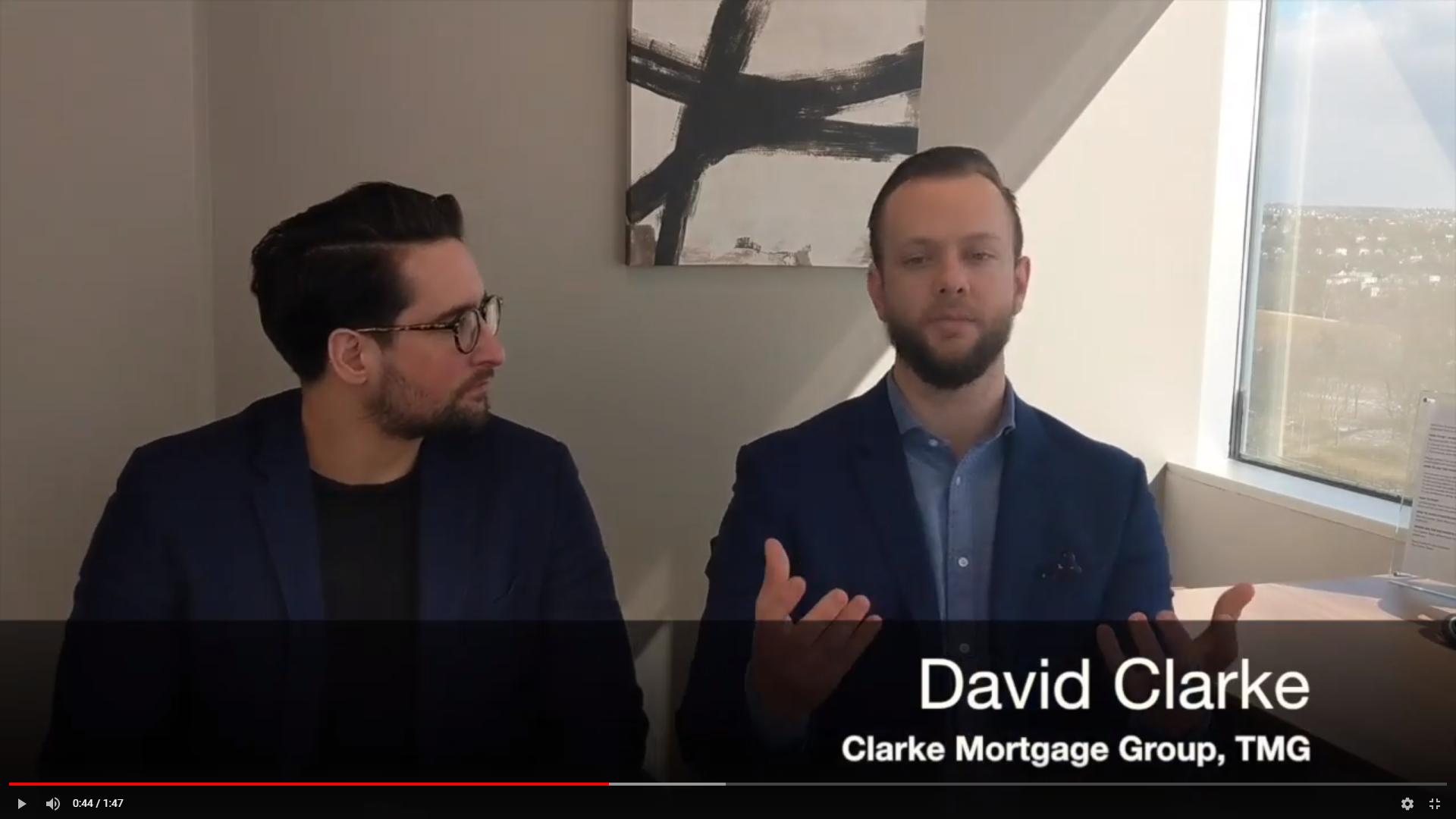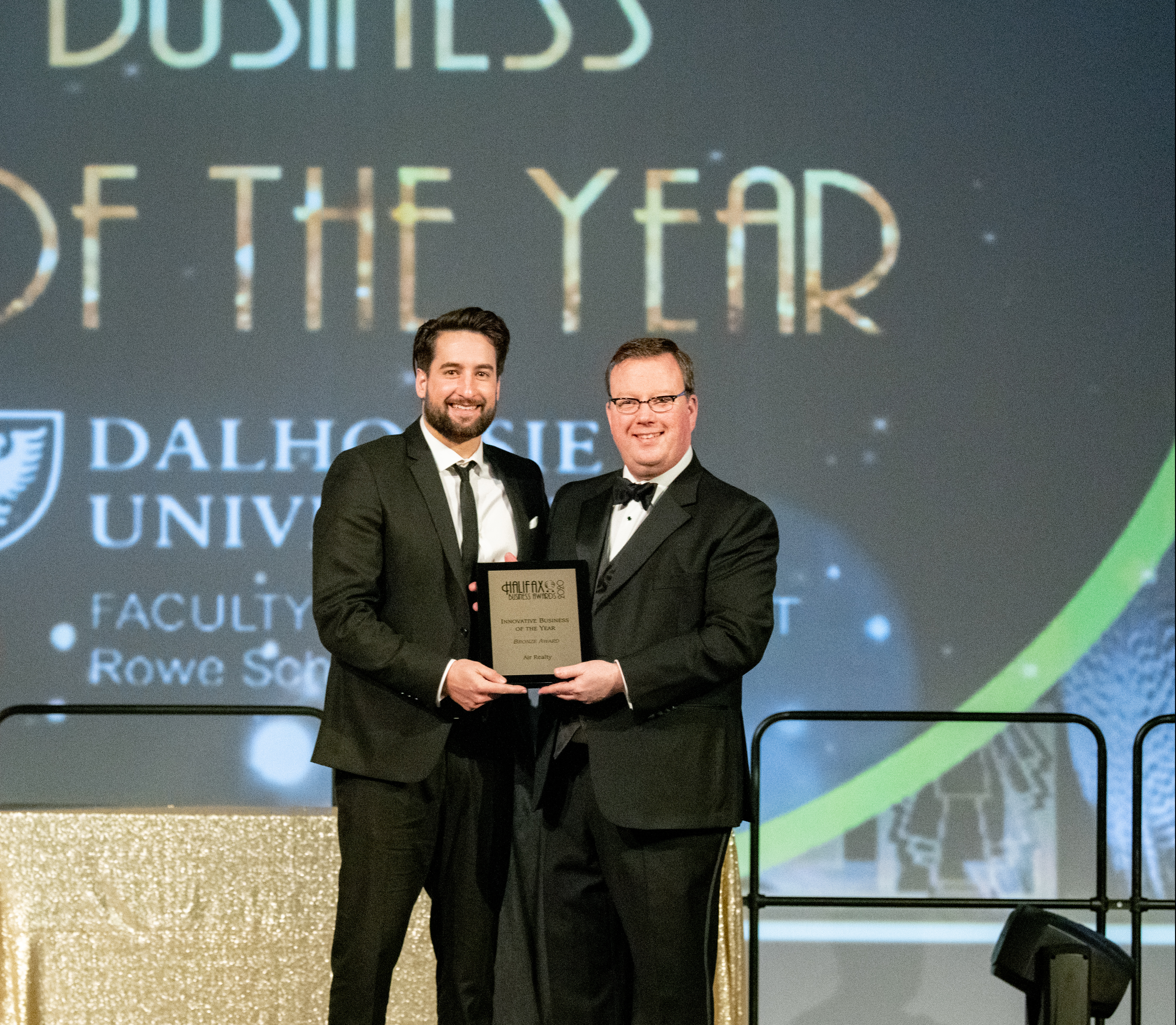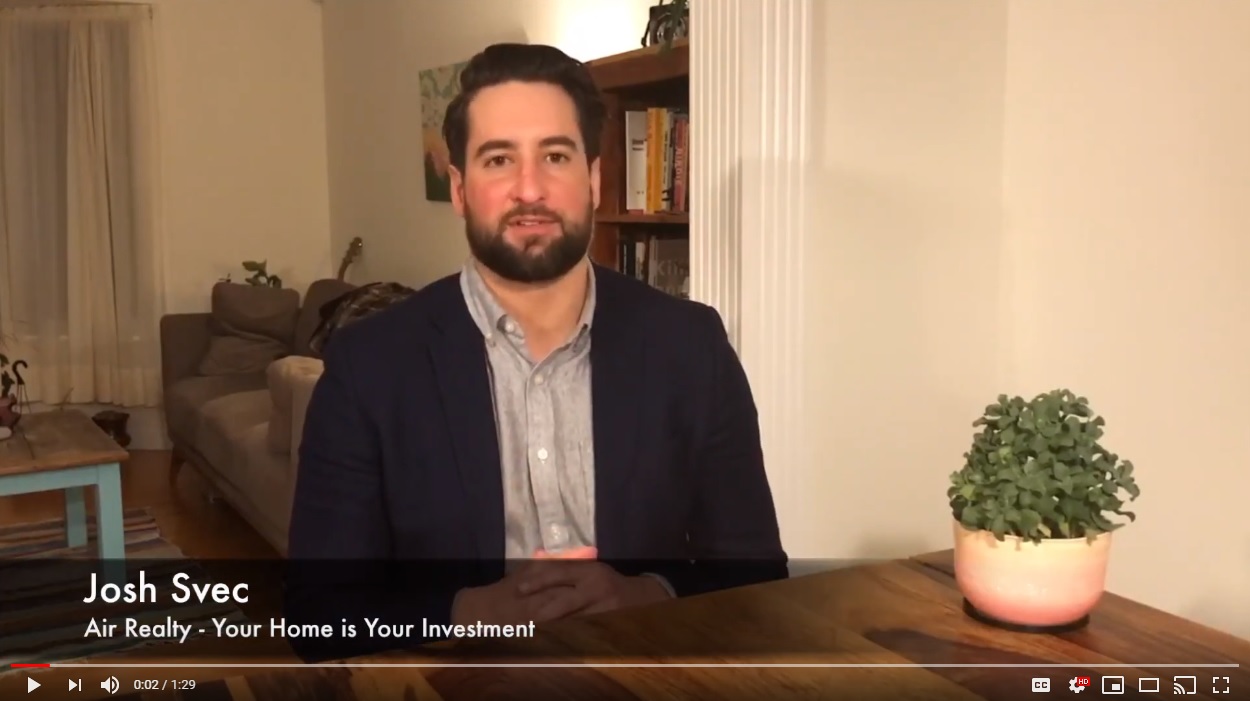Tips for Refinancing for Retirement

Hey, Halifax, Nova Scotia — did you know your home
can be the most important investment you will ever own?
Learn how to capitalize on your real estate asset(s)
to ensure you always receive the best return on your investment.
Episode 2. Tips for Refinancing for Retirement
By Joshua Svec, Founder and CEO, Air Realty
According to a 2016 HSBC global survey, 20 per cent of Canadian ‘pre-retirees’ plan to downsize or sell their primary and/or secondary residences in order to fund their retirement. Add to that the 5 per cent of ‘current retirees’ who feel income from downsizing or selling a primary or secondary property will help them in retirement, according to the same survey, and it means that 25 per cent of all Canadian homeowners may be looking to their property investments as a means to fund their retirement. This makes your home an extremely important and potentially valuable resource. With that in mind, I decided to create this year-long, monthly series, which is intended to offer informative articles and information to help ensure you, as a homeowner, get the maximum return on your investment and teach you exactly how you can make money investing in real estate, so you can ultimately retire when and how you want. After all, isn’t the point of retirement to finally relax and enjoy life with your loved ones, ideally in comfort? I certainly think it is. So, let’s make that happen.
Tips for Refinancing for Retirement
Most people think retirement should be a time when all of their decades of hard work finally pay off. And ideally, it should be. Retirement should be the time you and your loved ones get to spend your post-career days any way you choose, be that travelling, wintering in the south or simply enjoying a more laid-back lifestyle. For a great number of soon-to-be or newly retired people, however, that plan may not come together quite as seamlessly as they once thought, for a number of reasons.
One of those reasons is a growing number of parents and grandparents who have tried to financially help their kids or other family members, according to David Clarke, mortgage broker at Clarke Mortgage Group, TMG.
“I find that a lot of parents are helping their kids a lot more now, even late in their life, so it’s not uncommon to see parents with 40, 50, 60,000 dollars of debt from trying to help their kids buy a house [for example], and it’s putting them in a situation where they are trying to pay off more debt than they originally anticipated while trying to retire.”
Another reason, according to a 2016 HSBC survey, is that an amazing 48 per cent of pre-retirees in Canada have not even started saving for retirement, or they have simply stopped trying to save all together. Many of these people claim rising costs coupled with a lack of, or low savings as the main reasons. This has obviously left them looking to other means to fund their retirement. For those that own a home or other property it could mean using the equity they have built or selling and downsizing or even renting. In fact, the HSBC survey reveals that 20 per cent of Canadian pre-retirees are set on using their homes to fund their retirement, something Clarke says is not unrealistic, especially if you have the means to do so and you do it wisely.
“You can refinance up to 80 per cent of what your house is worth,” he explains. ”So, if your house is worth $200,000, you can finance up to $160,000.” This will, of course, also depend on a number of other factors, he adds.
Once you decide that is the route you want to take, Clarke says the question then becomes, ‘What are we doing with that money?’ “Sometimes, people are refinancing their home to pay off debt, so the focus then becomes ‘how can we get them a smaller monthly payment?”
What may come as a surprise for many retirees, according to Clarke, is that a lot of times, the plan may be to actually never pay off the mortgage. While he says this may seem counter-intuitive to everything we are taught about finances and debt-repayment, this is often the best and only way to realistically fund retirement for some people.
“Of course, everyone wants to be debt-free, but in a lot of cases, we are focussed on just trying to make the mortgage payment cheaper than any rent payment could ever be,” he explains.
To get there, Clarke says there are a number of different things he can do. “On one end, we can put all of the debt into one product and pay it down and try to become debt-free as soon as possible. Or, in another situation, we can try to consolidate and extend their debt over the longest period of time as possible to drop the monthly payment so they have more monthly cash flow for living in order to fund their retirement.”
Most people have five or even seven or more different financial products, such as a mortgage, one or two car loans, possibly personal loans, lines of credit and credit cards, for example. And most of these are with different lenders, says Clarke.
“Credit cards, for instance, are usually around 20 per cent [interest] and loans around six-to-nine per cent. Sometimes, the loans can be pretty expensive, too, so we usually try and look at money all in one number to see if it makes sense to consolidate it,” explains Clarke. “From there, we look at whether they care about paying it off, or do they just want to free up their monthly cash flow.
“A lot of people feel like they are supposed to pay it [debt] off, but then they are killing themselves every month trying to pay off a 25-year mortgage in their retirement, so sometimes it is just better to get the monthly payment down.”
Another option Clarke explains is a reverse mortgage. This type of financing is determined by the location and value of your home and your age, he says. In Canada, homeowners must be a minimum of 55 years old to apply for a reverse mortgage and they must own their homes outright, or in some cases, have a minimal existing mortgage (around 20 per cent, according to Clarke). Based on the assessed value of the home, the lender can then offer the homeowner a percentage of that value in cash (usually only about 20 per cent, says Clarke).
“The positive for the homeowner is that there is no monthly payment to make. The lender just adds interest every month. You can either pay it off through another bank, or when you pass away, the property (and debt) gets handed down to your kids, who can either refinance it and keep the property, or sell it to pay off the debt. For some people, who have little saved for retirement and little in the way of pensions or other income, this can be the cheapest way I can get them money for retirement, since there is no monthly payment.”
The other solution for retirees that may not have a fund in place is to outright sell their property if they have enough equity in it and then rent a home and make the money last,” says Clarke.
“We are in a market now that is booming, houses are selling pretty quickly, so homeowners might actually be able to get a pretty good dollar for their property. They can then also potentially use that money to qualify for a new mortgage to get something else,” he says. Clarke warns, however, that what often happens to retirees is that their income is substantially lower and what they qualified for with a working income is not going to be what they qualify for on a pension income. So, you really need to figure out what route is going to be the best for your particular situation, he adds.
Another thing to consider is that while we may be in a sellers’ market right now, on the flip side, when downsizing or relocating, the new property will also be more expensive. “Inventory is also low, so it can be very challenging for retirees to find a new property that meets all of their needs and is still affordable,” he says.
Something he suggests for retirees that may need to look at another home for issues such as ease of access, less stairs, for example, is renovating their existing property to meet their needs. “A $50,000 mortgage for renovations, let’s say, would end up being less expensive than selling your home and buying an entirely new home with a new, higher mortgage. Sometimes, we can do things like add a bedroom on the main floor to accommodate your needs. This can also make sense for people that want to stay in their home,” he explains.
Clarke says while he may be able to offer people a number of financial solutions, the first and biggest question he always asks anyone looking to retire is what do you want to do with your life?
“Most people say they want to have fun, so I say that maybe not killing yourself to pay off debt is the answer. When I say this, and we have this conversation, I almost feel like there is a big sigh of relief from them because I think the generation that is retiring now is very set in their beliefs that they need to pay off everything they owe, pay the bank off, which is a great theory, but you have to live your life, too.”
Now, that’s not to say that lenders won’t eventually get their money back, there are just other ways to do it that still allow retirees to live a full and fun life. “People need to look at their situation and ask themselves are they getting everything they want out of life. If not, maybe we can try and cater a financial solution based on that versus what everyone thinks they are supposed to do, which is pay off all of their debt before they do anything else,” he says.
“The reality is that a lot of people will never pay off their mortgage, and that’s okay. Just knowing this can take a lot of pressure off people who may feel they have to take all of their spare money and pay done a mortgage on something their kids or other family members will ultimately enjoy, meanwhile they are not enjoying it now.”
Air Realty is a locally owned and operated real estate brokerage in Nova Scotia. It is a finalist for Innovative Business of the Year by the Halifax Chamber of Commerce 2020 Business awards.
Sell and Buy With Us: AirRealtyTeam.ca
Sell Yourself: AirRealty.ca



